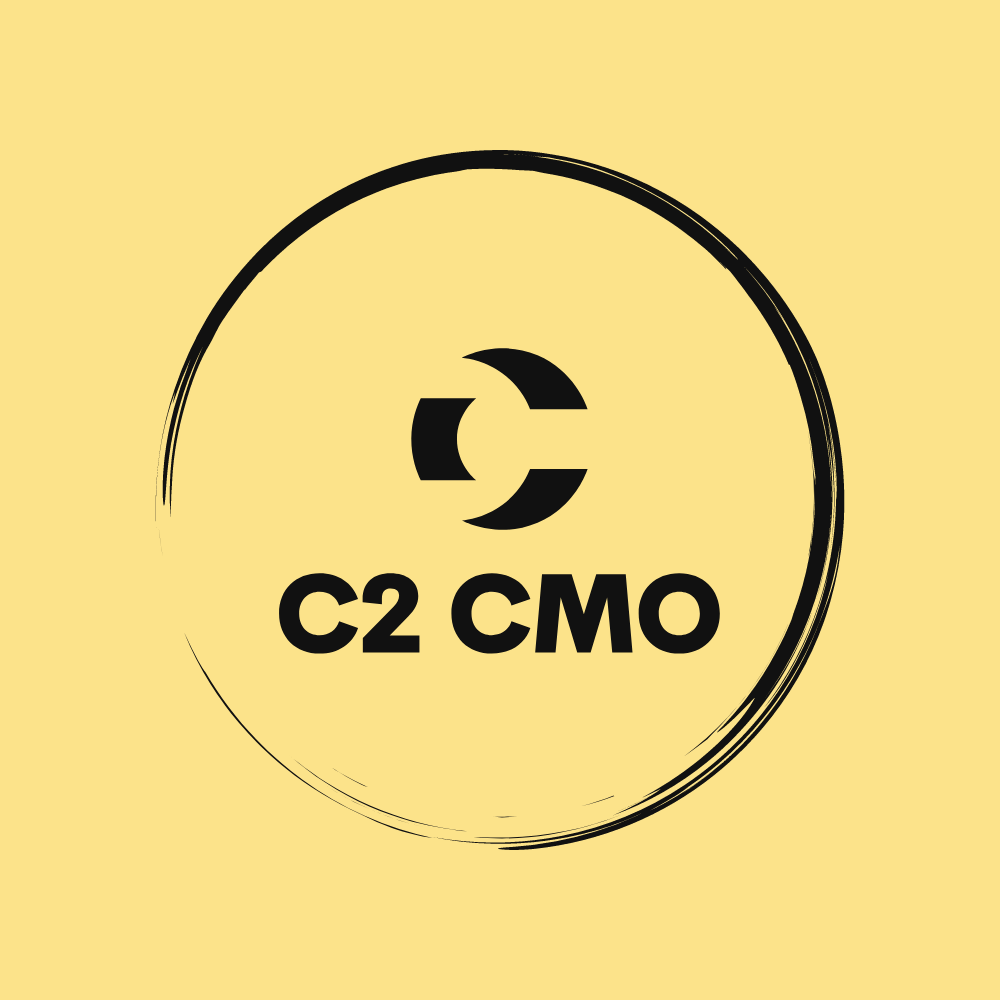DefenseTech Marketing is Hard

Recently, there has been a lot of interest in DefenseTech, with companies such as Anduril, Palantir, and Vannevar Labs making headlines. I read an article recently that explained that investing in DefenseTech is complicated and fraught with pitfalls. It made me think… you think investing in this space is hard… try marketing. Suppose you are a VC considering investing in the Aerospace and Defense industry or a startup with a great commercial product that you believe will transform national security. In that case, you'll need to think differently about marketing. Here's why:
You might have to wait a long time (a really long time) to see a return on your investment
The long sales cycle is one of the most defining characteristics of the aerospace and defense industry. Unlike consumer goods or many B2B products, where transactions can be completed relatively quickly, aerospace and defense deals often span several years. Sure, some of the new Silicon Valley DefenseTech wonder kids are aiming to change this, but the reality is that the procurement cycle is long and complicated. If you are a marketer with a commercial background and are used to monitoring KPIs (ROAS, ROI, Revenue, MQL, CTR .. etc.) every quarter, you will be disappointed. The extended timeline in Aerospace and defense demands sustained marketing efforts and strategic relationship-building to nurture leads over time, tracking “marketing influenced” rather than “marketing qualified” metrics.
It's crucial for DefenseTech companies to implement a robust content strategy that keeps potential customers engaged throughout the sales process. This requires patience, persistence, and a consistent presence in potential customers' minds.
Marketing Tech Products to Defense is Complex
It's a common refrain among government and military officials that they're eager to harness the speed and innovation of the commercial technology sector. The demand is certainly there. However, successfully marketing commercial products to the defense sector is a complex task, one that requires a deep understanding of stringent regulations and the need to navigate export restrictions like the International Traffic in Arms Regulations (ITAR). It's a delicate balancing act, but armed with this knowledge, you can effectively communicate your product's value proposition and navigate the DefenseTech marketing landscape with confidence.
To address these challenges, developing marketing materials that clearly articulate the benefits and applications of your products/solutions while understanding all the regulatory requirements is essential. Partnering with legal experts to review content for compliance is a prudent step. Additionally, emphasizing certifications, compliance with regulations, and meeting specific defense standards can build trust and credibility with potential clients.
However, a marketer must understand more than just the regulatory requirements. There is a cultural difference in the defense sector. I once worked with a marketing research firm that suggested we offer Amazon gift cards to increase survey responses. Offering a $100 gift card to Washington insiders, defense decision-makers (Program Officers, Military Officials), and executives working at large military prime contractors is a really bad idea.
Defense customers don’t share information freely (for good reasons)
The technology used in aerospace and defense is often susceptible, with significant implications for national security. This necessitates a cautious marketing approach, where transparency and confidentiality must be balanced.
Crafting messages highlighting your technology's capabilities and advantages without disclosing sensitive details is crucial. And it may not be clear what is considered “sensitive.” I’ve had customers ask me to remove seemingly benign product information from my website. Utilizing case studies and testimonials from trusted sources can lend credibility without compromising security, but these sources often do not want their company identified. Marketers must ensure that all marketing materials undergo rigorous internal reviews to safeguard against inadvertent disclosures.
Security-Conscious Customers Hide Their Tracks
The security-conscious nature of the aerospace and defense customer base presents unique hurdles in digital marketing. These customers are often behind restrictive firewalls, block tracking, delete cookies, limit their presence on social networks, and are reluctant to share their email addresses. I visited one particularly sensitive government site in the UK where employee internet access was prohibited, even on personal devices outside of work hours!
To overcome these obstacles, marketers must leverage alternative strategies to reach and engage this audience. This might include:
- Direct Mail Campaigns: Utilize traditional methods like direct mail to reach potential clients who may be inaccessible through digital channels.
- In-Person Events and Trade Shows: Participate in industry-specific events where face-to-face interactions can build trust and establish relationships.
- High-Value Content: Offer whitepapers, research reports, and technical guides that provide substantial value in exchange for minimal contact information.
- Referral Programs: Encourage existing clients to refer your services to their peers within the industry, leveraging trust within the community.
- Secure, Private Webinars: Host webinars that offer valuable insights and solutions, ensuring they are secure and invite-only to encourage participation.
Conclusion
Marketing for aerospace and defense tech companies is undeniably challenging, with long sales cycles, complex regulatory requirements, sensitive information, and a security-conscious customer base. These are the main challenges, but there are many others for the would-be DefenseTech marketer. However, with a deep understanding of these unique challenges and a strategic approach tailored to the industry’s specific needs, it is possible to build successful marketing campaigns that resonate with your audience. It really comes down to a fundamental marketing requirement—know your audience.
Thank you for visiting the C2 CMO blog. Stay tuned for more insights and strategies tailored to the unique demands of the aerospace and defense industry. If you have any questions or want to discuss how we can work together, please feel free to reach out.



